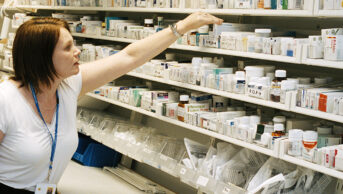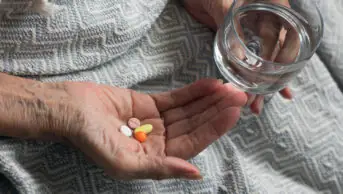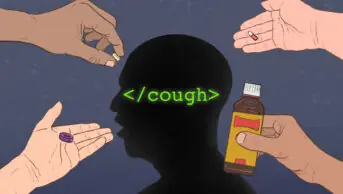
PSNC
Community pharmacies across England could be down by more than £2,000 in their January 2019 payments from NHS Prescription Services following reductions in Category M prices and the single activity fee (SAF).
The reduction in Category M prices and the SAF were implemented in the November 2018 Drug Tariff. However, owing to the time lag in pricing prescriptions, the impact of the reduction on pharmacy payments will not be realised until the recovery of advanced payments at the end of January 2019.
In October 2018, the Pharmaceutical Services Negotiating Committee (PSNC) announced that the SAF would be lowered from £1.29 to £1.26 from November 2018, in order “to keep within the funding envelope” and deliver the £1.79bn in fees and allowances.
In addition, it said that Category M prices would be reduced by £10m per month from November 2018 until March 2019 in order to repay excess margin earned by pharmacies in previous years.
The PSNC subsequently advised contractors to analyse the potential impact on their finances and provided a briefing and cash flow calculator to support forward planning.
In a worked example for an average volume pharmacy, where the average item value was reduced by 15p per item from November 2018, the PSNC estimated that the total payment received would reduce from £60,900 in December 2018 to £58,841 in January 2019, a reduction of £2,059.
It then estimated that for February 2019 and March 2019 the payments would increase again, but only by £1,030 to total £59,871.
Mike Dent, director of pharmacy funding at the PSNC, said the Committee remained “very concerned” about the ongoing financial pressures on the sector and the impact that these are having on pharmacies.
“We are working hard, along with the other pharmacy organisations, to make the case for pharmacy to do more for the benefit of patients and the NHS and to be appropriately funded for doing so, and we are keen to begin negotiations on future funding.”
Nat Mitchell, pharmacist and director of JWW Allison and Sons pharmacy in Cockermouth, Cumbria, said that while pharmacies may try and plan ahead, the schedule of payment is a “mystery” each and every month.
“I would be surprised if pharmacies know what they’re expecting,” he said.
However, he added that, from his perspective, the reduction in payment had not caused too many problems so far for his pharmacy.
“We just keep on going — we’ve had worse months.”


